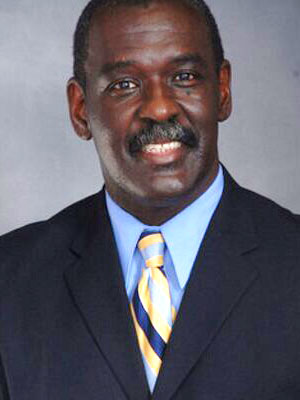
I have witnessed the “golden silence” phenomenon more than once during both my corporate career and while working as a consultant.
Team meetings are conducted without employee input. Even when prompted with the question: “Does anyone have questions or comments?” employees are reluctant to speak up.
The one sign that employees are either afraid of what may happen should they speak up or just don’t care is silence. This is a sound (or lack thereof), every business should strive to keep far, far away.
Silence is not good for your customers nor is it good for your company. Here are a few things that may be contributing to employees’ choice to remain silent.
1. Negative company culture.
The number one reason that employees tend to exercise silence in the workplace is due to the culture of the organization. What behaviors do founders display to their team?
Do these behaviors encourage employees to be more open? Are these behaviors conducive to creating a long-term, positive work environment? Are employees treated with respect when voicing their opinions? Should the answer be no to any of these questions, employee silence will inevitably show up in the workplace.
Leaders must strive to set the pace in any organization. Founders must make sure they are both approachable and sincere when interacting with their subordinates.
2. Lack of employee inclusion.
Employees often have the answers to issues that, if utilized, more than likely will result in both a better experience for them and customers. When recommendations go without acknowledgement or management exhibits a lack of interest, employees eventually shut down.
This is another form of silence that should never exist within a business. Proactively seek out employee input and implement recommendations that make sense. This gives an instant boost to employee morale. Whether they are production or front-line employees, their ideas come from a “I do this everyday.” perspective, which should be respected and not taken for granted.
3. Lack of interdepartmental communication.
As a consultant, I often run across this issue. When I ask why this is the case, I often hear: “It’s so busy here that we don’t have time to check with them before we do …”, etc. The next thing I usually see is everyone with their “head down” working—trying to make it through the day.
Communication must be a priority in order to create the best possible customer and employee experience.
Is employee silence a component of your company culture? If so, take a good, hard and honest look at what might be contributing to this scenario. Your customers are directly impacted by the silence within your company. Remember – silence is not golden in business.
This article has been edited and condensed.
Internationally known speaker, author and customer service expert Errol Allen provides practical advice and solutions garnered from over 25 years of hands – on experience. He possesses a multi-faceted perspective of organizations through the various positions held during his corporate tenure with companies such as ADT Security Systems, TCI Cablevision, The Houston Post, Excel Communications and GEICO Insurance.
From the phone to the field, Errol has serviced customers himself and understands that a “systems” orientation is crucial to providing excellent customer service. He is a member of the American Society of Quality and regularly shares his customer service expertise as a contributing writer for The Houston Business Journal and Small Business Today Magazine. Get your copy of Errol’s new book – “Keys To Delivering Amazing Customer Service!” Connect with @consult53 on Twitter.
© YFS Magazine. All Rights Reserved. Copying prohibited. All material is protected by U.S. and international copyright laws. Unauthorized reproduction or distribution of this material is prohibited. Sharing of this material under Attribution-NonCommercial-NoDerivatives 4.0 International terms, listed here, is permitted.













